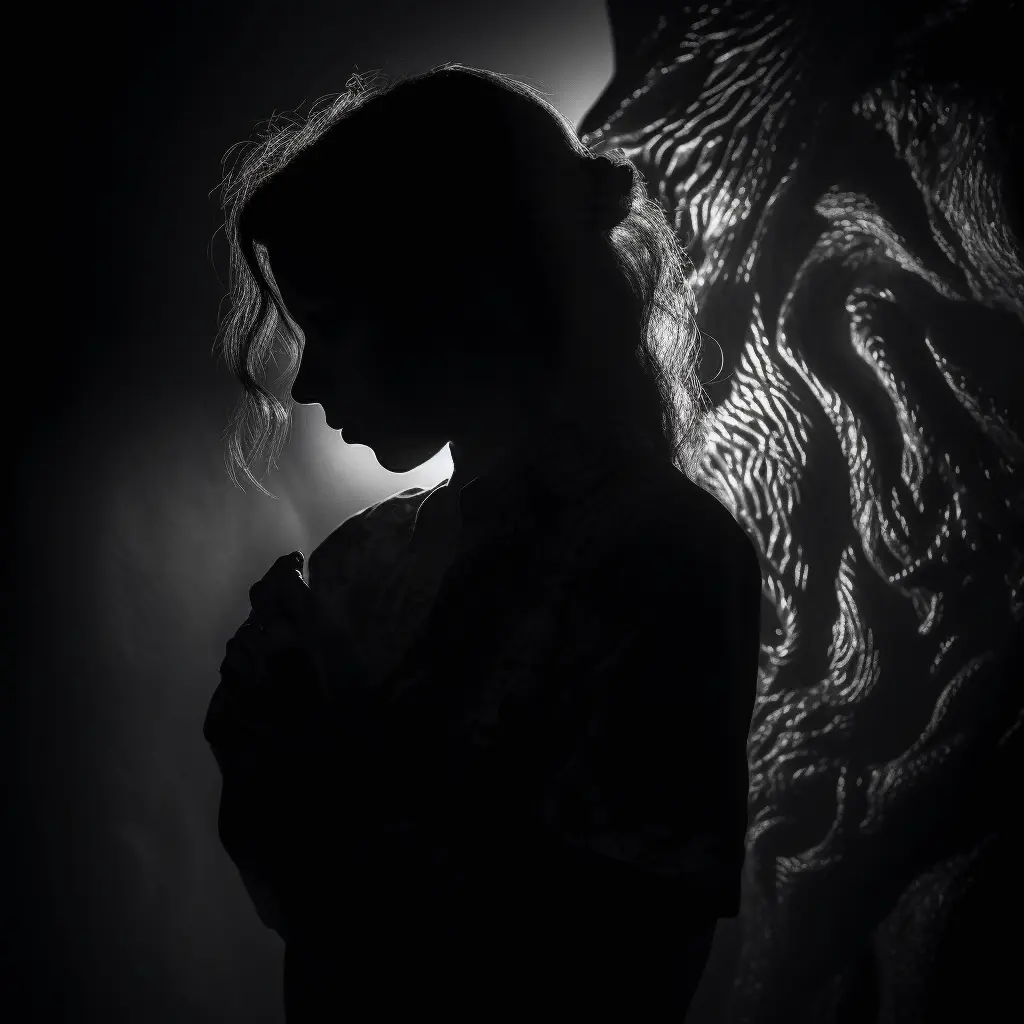“The greatest enemy of knowledge is not ignorance, it is the illusion of knowledge.” – Stephen Hawking
As artificial intelligence (AI) advances at a breathtaking pace, its potential to answer all our questions and solve our most complex problems is becoming increasingly apparent. But is there a limit to the knowledge we should seek, and can we find value in preserving a certain level of human ignorance? As Neil deGrasse Tyson once said, “The more I learn, the more I realize how much I don’t know.”
Today, let’s explore the virtue of ignorance in the context of AI and how the preservation of mystery, uncertainty, and human humility might be the very thing that keeps us grounded.
I. The Role of Mystery and Opposing Viewpoints
“The most beautiful thing we can experience is the mysterious.” – Albert Einstein
The human mind has always been drawn to the enigmatic, the unknown, and the mysterious. However, some argue that the pursuit of knowledge should be relentless, and any attempt to preserve ignorance is counterproductive.
In the realm of art, ambiguity and open interpretation can make a piece more compelling. A 2019 study in the journal Emotion (Stapel & Semin, 2019) supports the notion that uncertainty can provoke more intense emotional experiences, contributing to the allure of the mysterious. On the other hand, some argue that the role of AI in the creative process could enhance human artistic expression, as seen in the recent AI-generated paintings that have gained popularity (Elgammal, Liu, Elhoseiny, & Mazzone, 2017).
II. Ethical Concerns and the Potential Loss of Humility
“The only true wisdom is in knowing you know nothing.” – Socrates
While our thirst for knowledge is essential to human progress, ethical concerns arise as we seek to unlock the secrets of the universe with AI’s help. Issues such as data privacy, algorithmic bias, and the potential for AI to be weaponized pose significant challenges (Mittelstadt, Allo, Taddeo, Wachter, & Floridi, 2016).
By over-relying on AI and obtaining definitive answers, we risk becoming too confident in our own understanding and losing our appreciation for the vast unknown. Marie Curie’s words remind us of the value of humility: “One never notices what has been done; one can only see what remains to be done.”

III. Potential Risks and the Importance of Embracing Uncertainty
“I have learned over the years that when one’s mind is made up, this diminishes fear.” – Rosa Parks
The fear of the unknown can be paralyzing, but it can also be a driving force for growth and exploration. As AI becomes more prevalent, we face the potential risks of job displacement and the erosion of human decision-making capabilities (Brynjolfsson & McAfee, 2014).
A study published in Nature Neuroscience (Hsu, Krajbich, Zhao, & Camerer, 2009) suggests that uncertainty can stimulate decision-making and promote exploration, which may be vital for human growth and development. Nonetheless, AI’s limitations, such as the difficulty in replicating human intuition and empathy, must also be considered (LeCun, Bengio, & Hinton, 2015).
Conclusion: The Virtue of Ignorance and the Future of AI
As we navigate the challenges of integrating AI into our lives, we must ponder the potential consequences of a world without mystery or uncertainty. How can we balance the pursuit of knowledge with the preservation of wonder and maintain a sense of humility in the face of AI’s capabilities?
By addressing the ethical concerns and potential risks associated with AI, we can work to create a world where technology enriches our lives without erasing the qualities that make us human. We must strive to maintain the delicate balance between knowledge and ignorance and consider the implications of preserving human ignorance in certain areas, even if AI could provide definitive answers.
As we move forward in our relationship with AI, let’s engage in open, inclusive dialogue and explore the limitations of AI alongside its potential benefits. By asking ourselves how much of our ignorance should be preserved for the sake of human experience and exploring the possible consequences of AI-driven knowledge, we can work together to shape a world where AI and humanity coexist in harmony.
In the words of poet and novelist Rainer Maria Rilke, “Be patient toward all that is unsolved in your heart and try to love the questions themselves, like locked rooms and like books that are now written in a very foreign tongue.” As we continue to explore the intersection of AI and the virtue of ignorance, let us cherish the questions, embrace the unknown, and cultivate the curiosity that has driven human progress since time immemorial.
Prompt Engineering Notes:
In this collaboration with ChatGPT, I aimed to craft a captivating article addressing the intersection of AI and journalism. I provided a structured prompt, requesting the inclusion:
* my controversial points,
* philosopher quotes,
* discussion of the side effects of increased content production.
* Utilized an engaging, positive voice throughout
* Incorporated metaphors, analogies, and real-life examples
* I’ve generated the images with MidJourney
